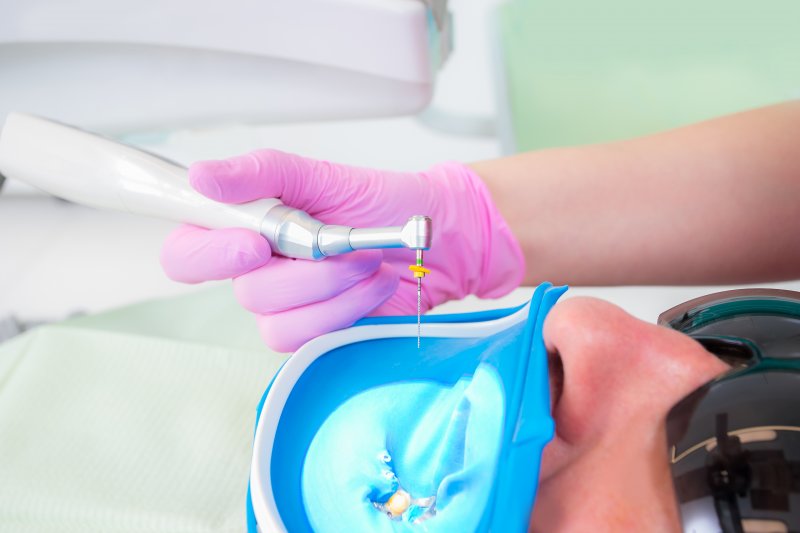
There are plenty of good reasons to exercise on a regular basis. No doubt you’re already thinking of a few! Well, researchers at Colgate found another one: consistent activity can reduce your risk of gum disease and promote your gum health. According to their study, non-smokers who habitually exercise are 54% less likely to develop gum disease.
To learn how working out can keep this unpleasant oral condition away from your smile, keep reading.
(more…)








